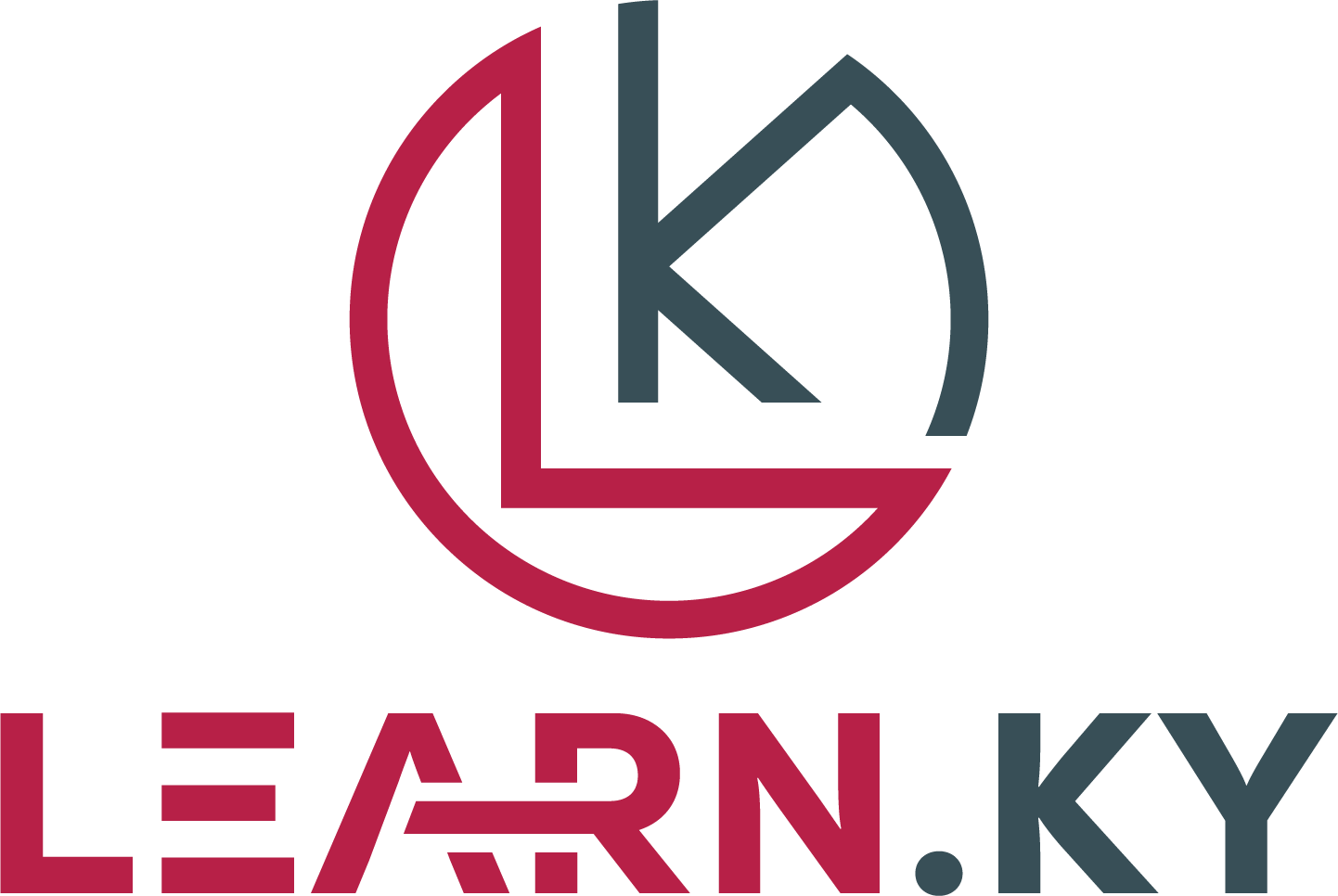Virtual reality (VR) technology has been on the rise in recent years, transforming the way we experience and interact with digital content. Once seen as a futuristic concept only found in science fiction novels, VR is now a tool that is revolutionizing industries across the board. In this article, we will delve into the world of VR and explore the boundless opportunities it presents for businesses looking to stay ahead of the curve.
Introduction
In today’s fast-paced and ever-evolving business landscape, staying innovative and adaptive is crucial for survival. VR offers a unique opportunity for companies to differentiate themselves from the competition by providing immersive and engaging experiences for their customers, employees, and stakeholders. From marketing and training to product development and customer service, the applications of VR in business are limitless.
Enhancing Customer Engagement
One of the most compelling use cases for VR in business is its ability to enhance customer engagement. By creating immersive experiences that transport customers to virtual worlds, companies can forge stronger emotional connections with their target audience. For example, automotive companies can allow customers to virtually test drive their cars, while real estate developers can offer virtual tours of properties before they are even built.
Moreover, VR can be used to create interactive product demonstrations, virtual showrooms, and personalized shopping experiences. By leveraging the power of VR, businesses can provide customers with a more engaging and memorable shopping experience, leading to increased brand loyalty and sales.
Improving Training and Development
Another area where VR is making a significant impact is in training and development. Companies can use VR to simulate real-world scenarios and provide employees with hands-on training in a safe and controlled environment. This is particularly useful for high-risk industries such as healthcare, construction, and aviation, where mistakes can have serious consequences.
VR training modules can help employees develop their skills, improve performance, and increase retention rates. By immersing employees in realistic training scenarios, businesses can ensure that they are better prepared to handle complex situations and make informed decisions when faced with challenges.
Driving Innovation and Collaboration
Furthermore, VR technology is driving innovation and collaboration within organizations. By enabling remote teams to collaborate in virtual environments, businesses can break down geographical barriers and bring employees together regardless of their physical location. This not only enhances communication and teamwork but also fosters creativity and idea generation.
Moreover, VR can be used to visualize complex data sets, design prototypes, and test new concepts in a virtual environment. By providing a platform for experimentation and iteration, businesses can accelerate the innovation process and bring new ideas to market faster than ever before.
Conclusion
In conclusion, the virtual frontier of VR in business presents a wealth of opportunities for companies looking to drive growth, enhance customer experiences, and empower their employees. From enhancing customer engagement and improving training and development to driving innovation and collaboration, VR is reshaping the way businesses operate in the digital age.
As we continue to push the boundaries of technology and explore new frontiers in the virtual realm, it is essential for businesses to embrace VR as a strategic tool for success. By harnessing the power of immersive experiences and interactive content, companies can transform the way they engage with customers, train employees, and drive innovation in the digital era. The time to explore the virtual frontier of VR in business is now – are you ready to embark on this transformative journey?










